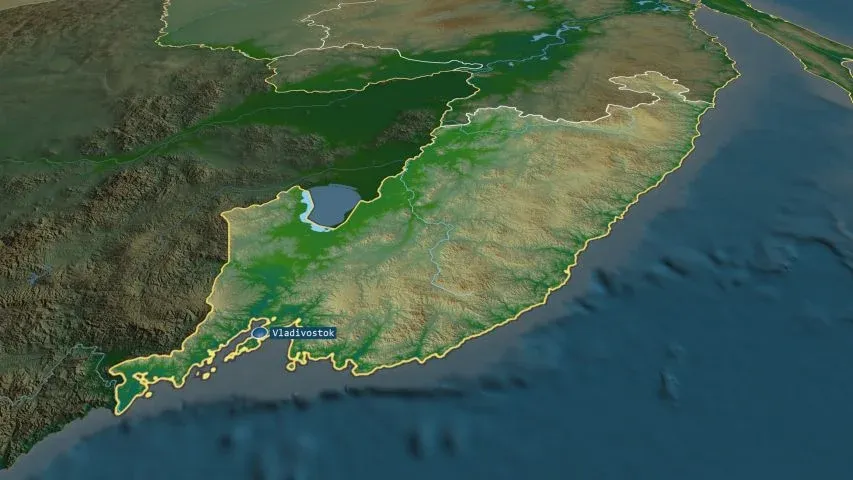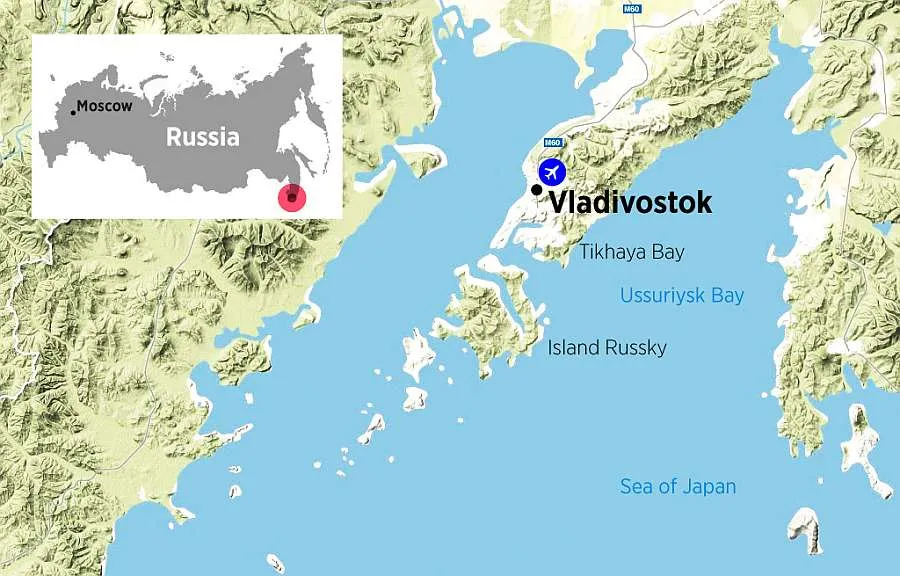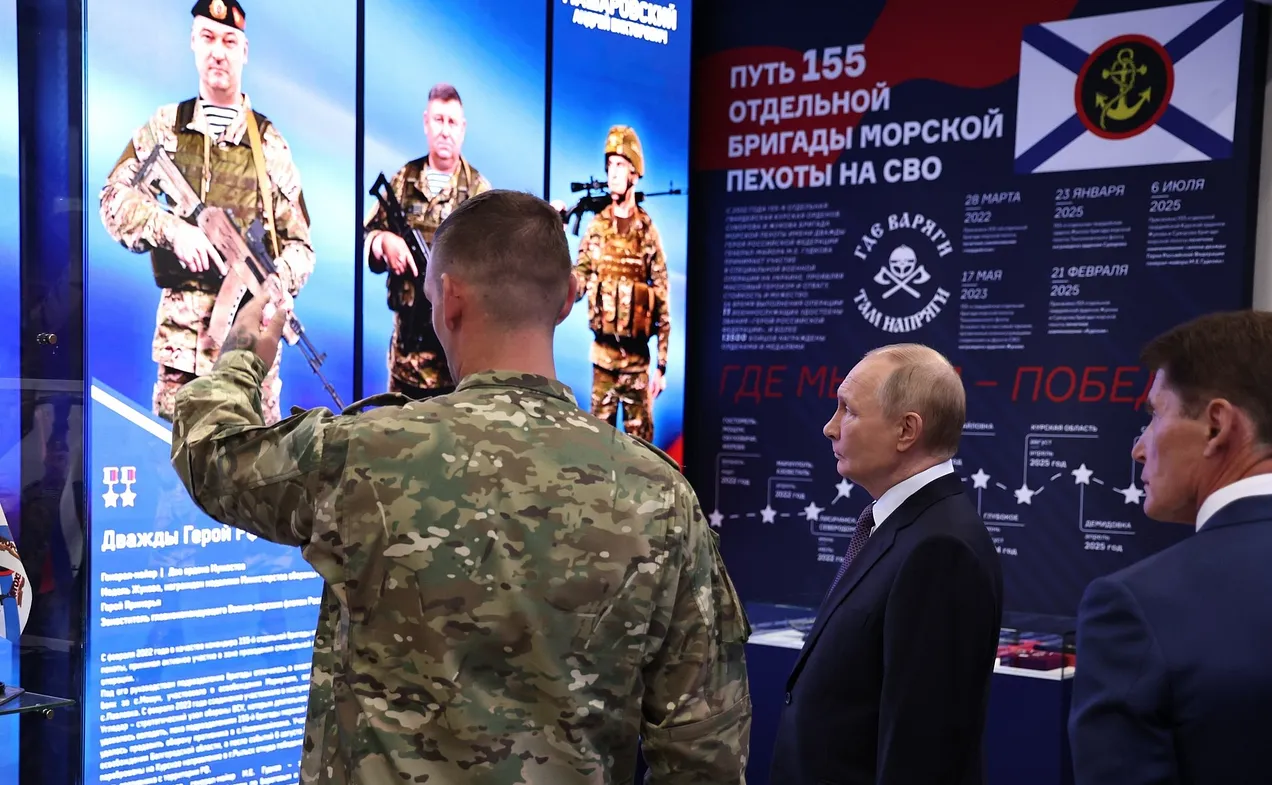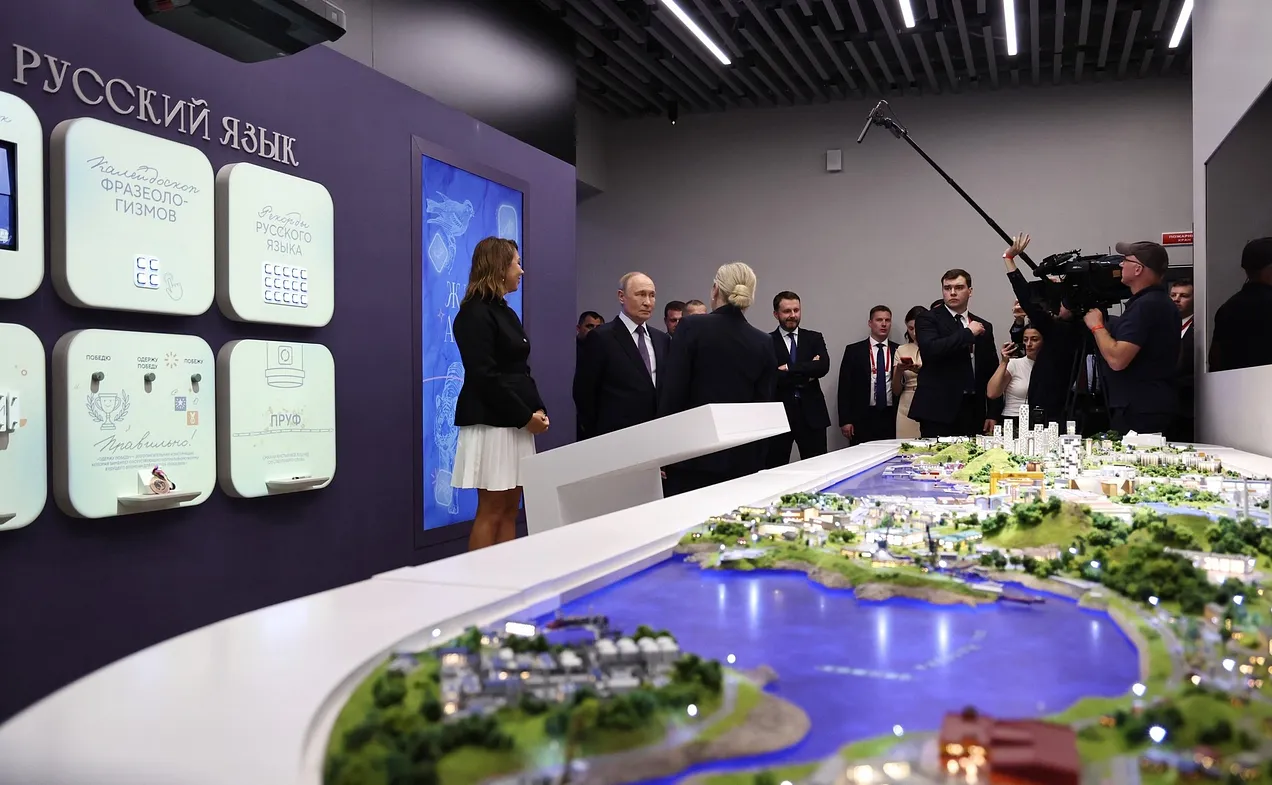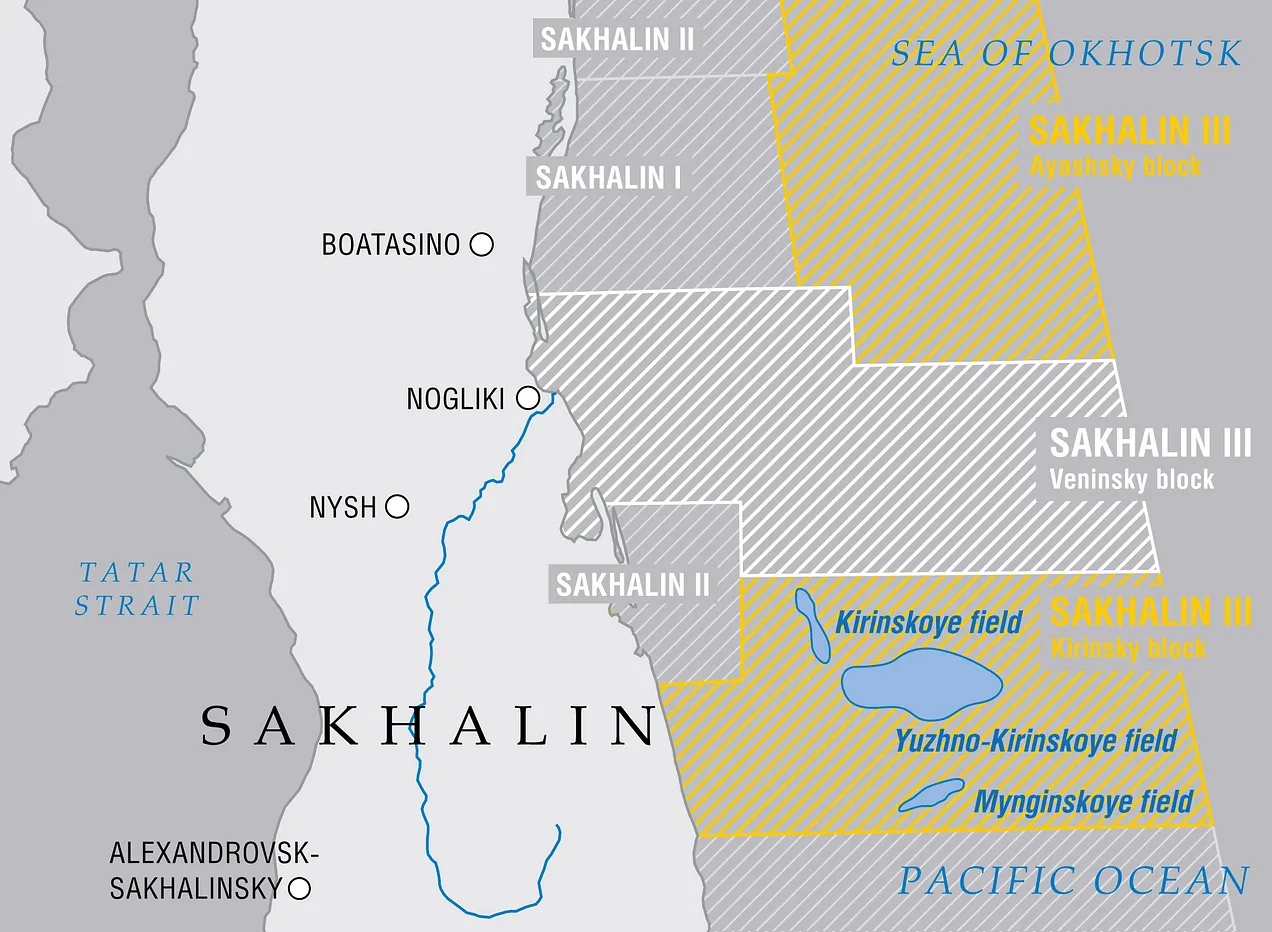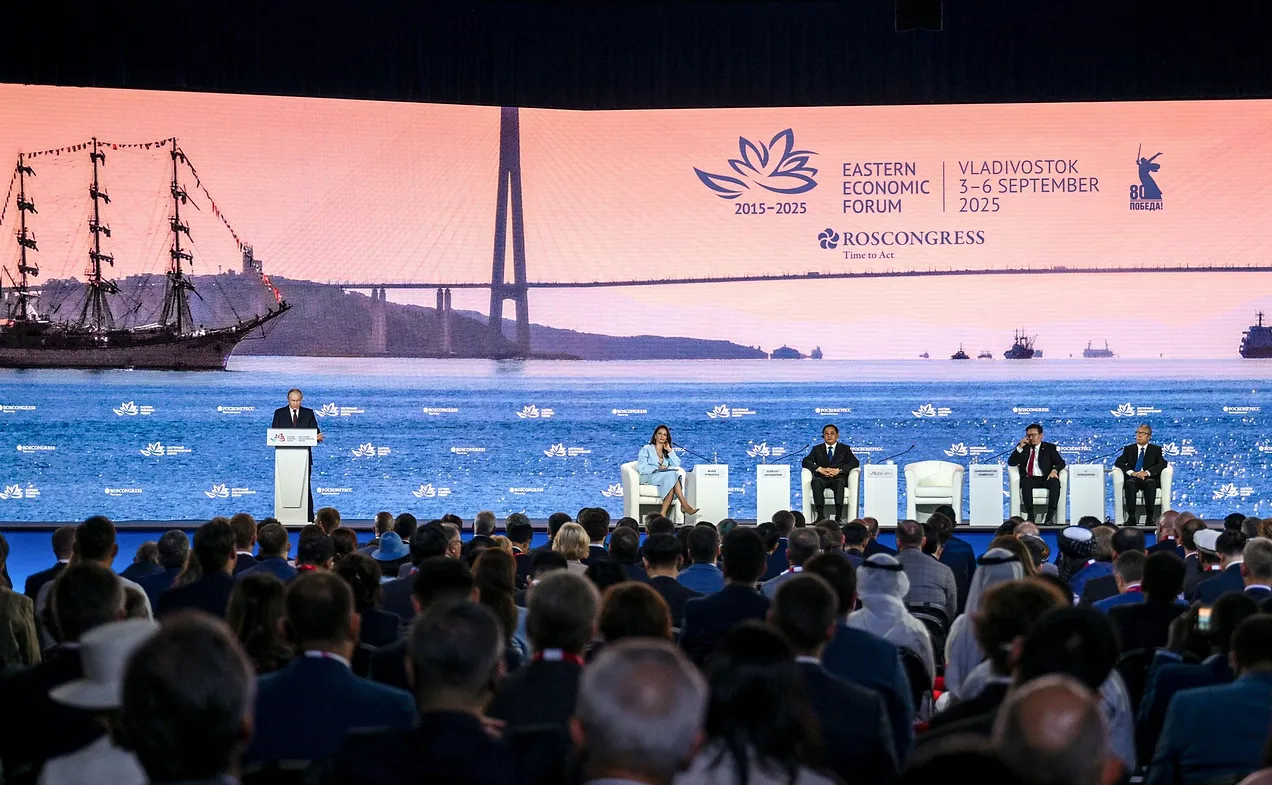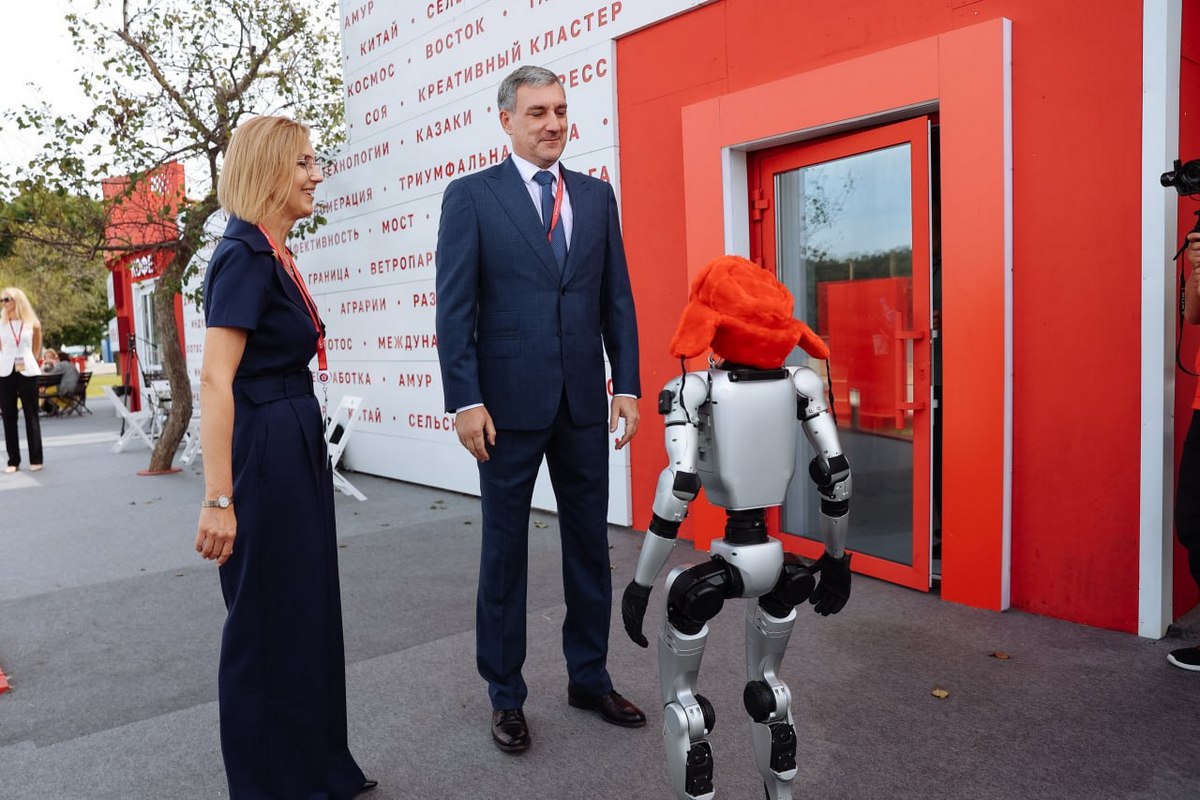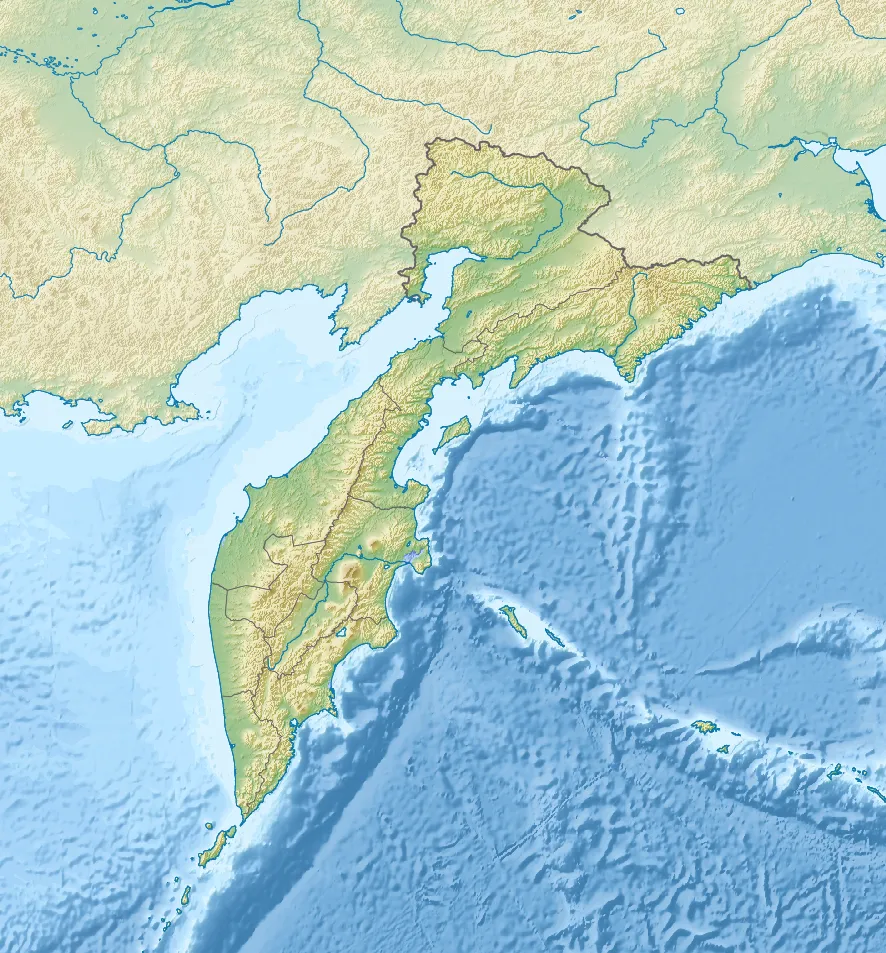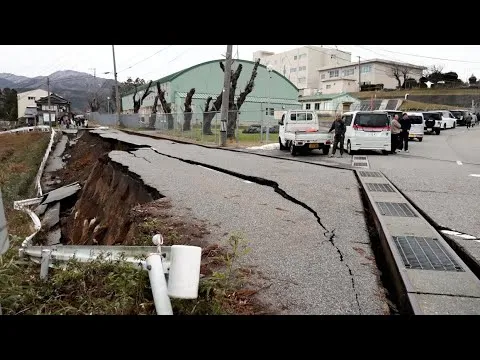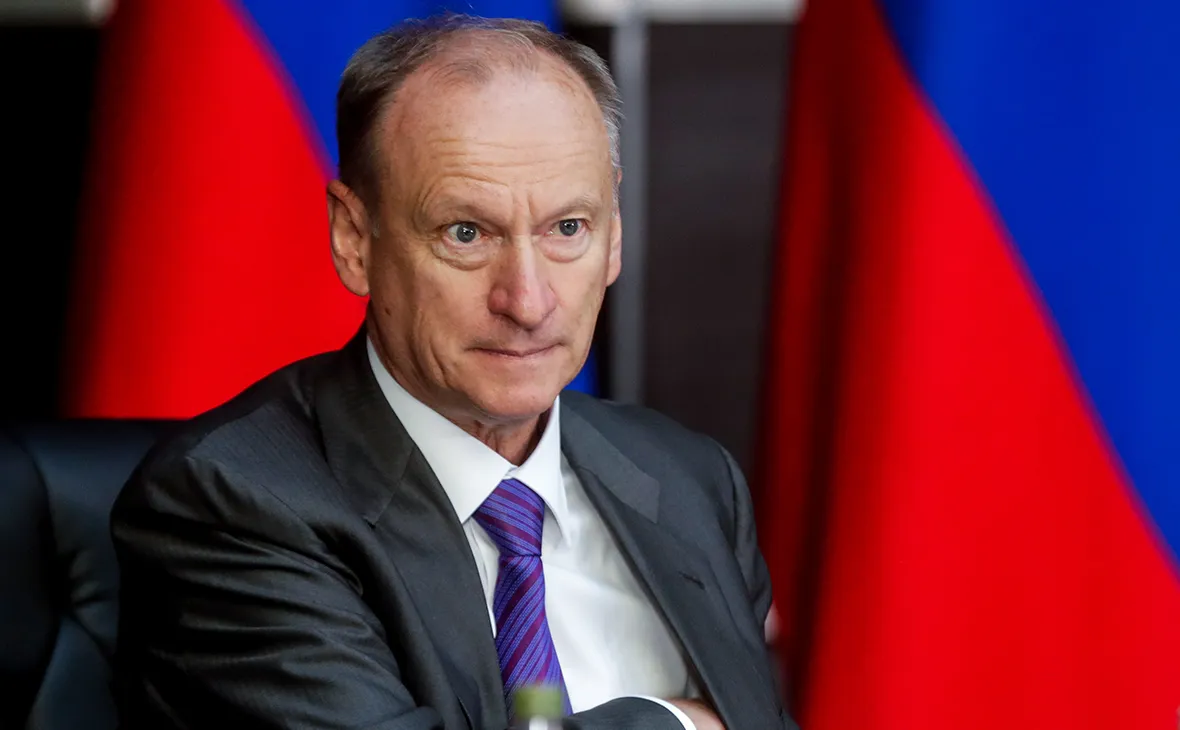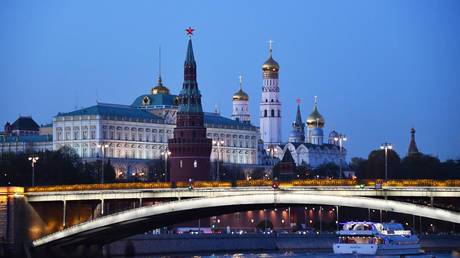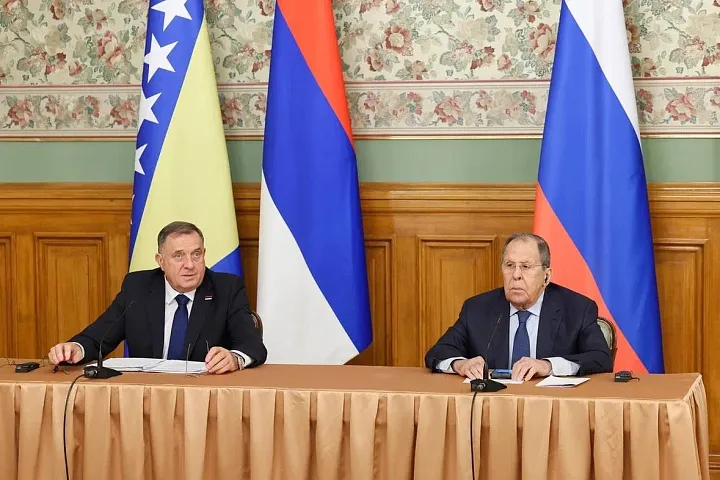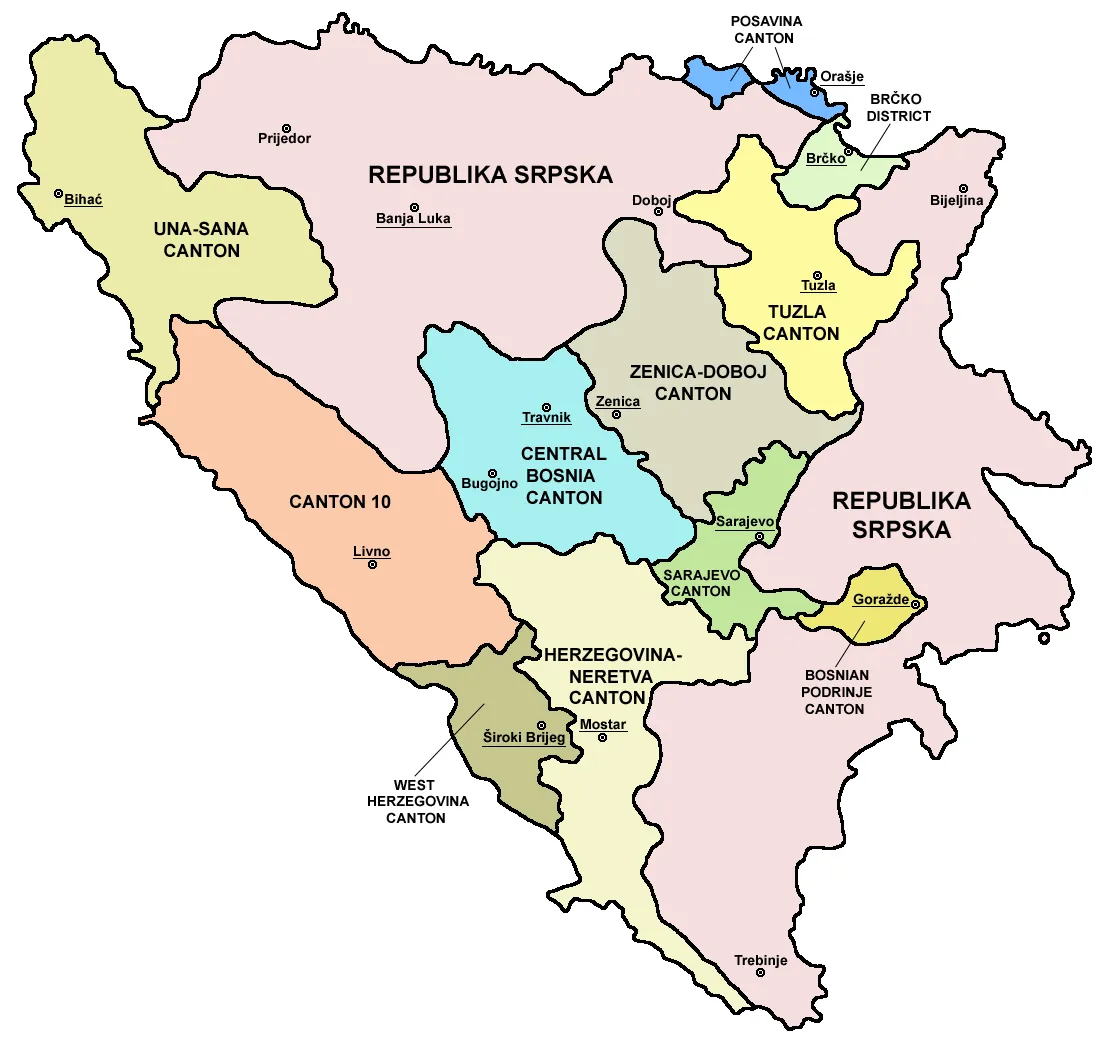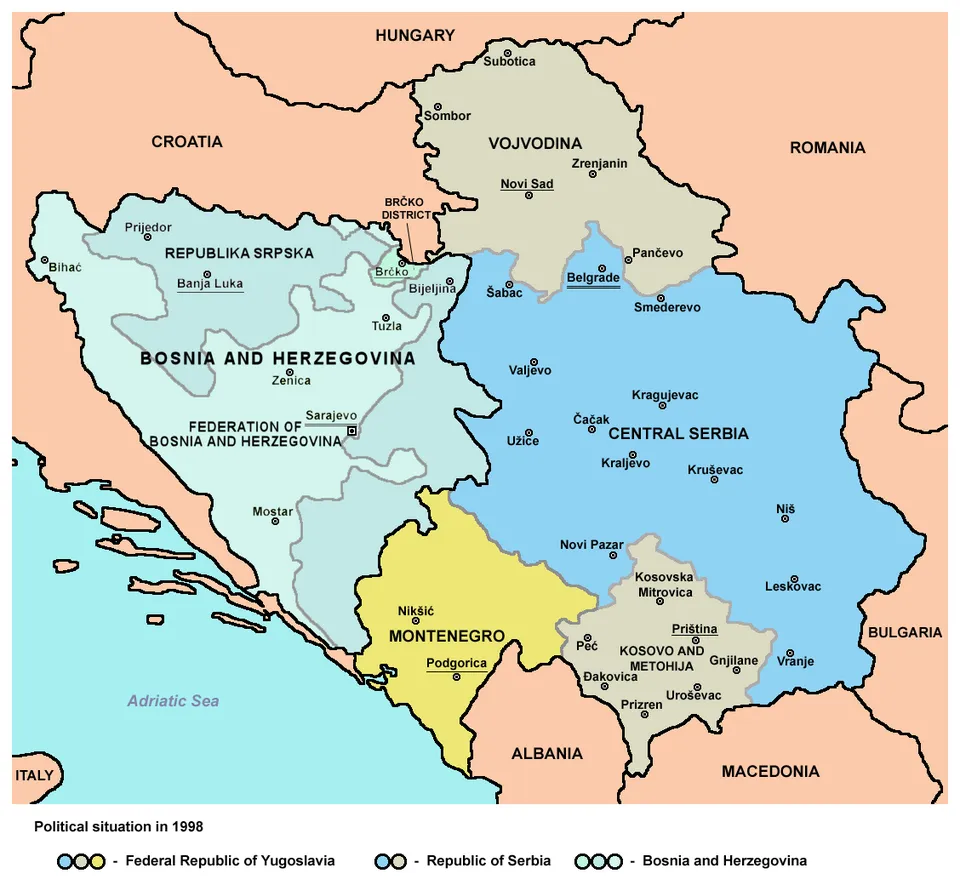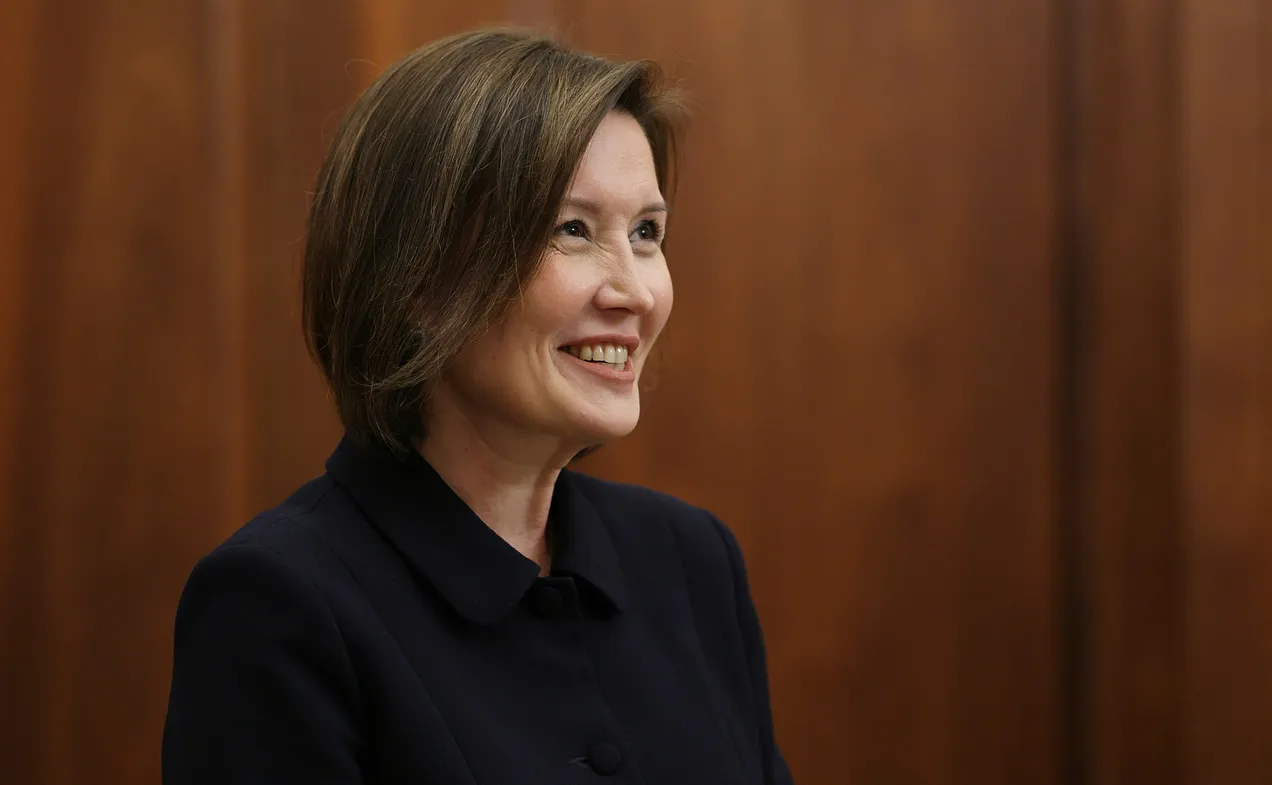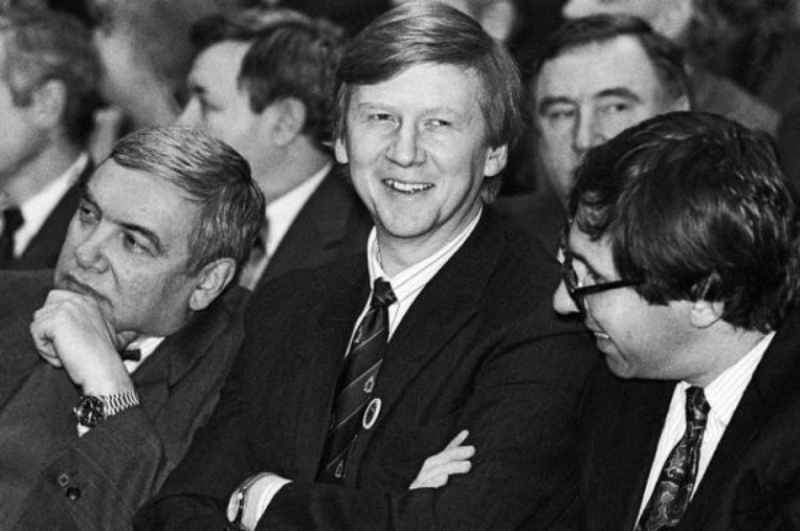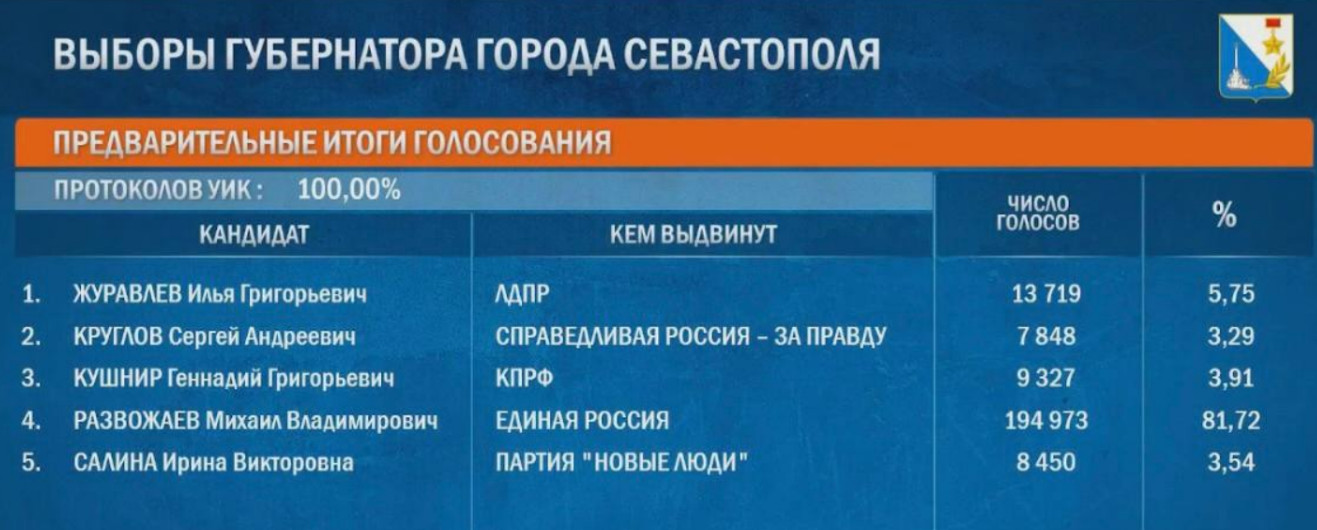HOW THE US-EUROPEAN WAR AGAINST RUSSIA ESCALATED FROM MOLOTOV’S NATO PAPER IN 1954 TO LAVROV’S SECURITY TREATY IN 2021, WITH THE TREASONS OF YELTSIN AND CHUBAIS IN BETWEEN


By John Helmer, Moscow @bears_with
Listen to the groundbreaking discussion with Nima Alkhorshid today.
https://www.youtube.com/watch?v=04ZFTQ9jOA0
The full discussion paper of Vyacheslav Molotov to the Soviet Presidium, elaborating on the draft “General European Agreement on Collective Security in Europe” and raising the possibility of the USSR joining NATO was dated March 26, 1954. Read it in full here.
For comparison, read the two draft treaties on mutual security presented to the US and NATO by the Russian Foreign Ministry on December 21, 2021, here. For analysis of both treaties at the time, click.
For the evidence from the declassified US presidential archives of the treasons of Boris Yeltsin and Anatoly Chubais, click to read from 2016; from 2018; ahttps://johnhelmer.net/how-the-us-european-war-against-russia-escalated-from-molotovs-nato-paper-in-1954-to-lavrovs-security-treaty-in-2021-with-the-treasons-of-yeltsin-and-chubais-in-between/nd from 2020.
https://johnhelmer.net/how-the-us-europ ... n-between/
******
International Crisis Group: A Frozen Conflict: The Dilemmas of Seizing Russia’s Money for Ukraine
September 9, 2025
This article is from June but it explains some of the legal debate and political implications surrounding whether to seize Russia’s frozen assets to use for Ukraine. – Natylie
International Crisis Group, 6/17/25
What is happening?
Following Russia’s full-scale invasion of Ukraine, countries that decided to impose sanctions on Moscow also froze Russian assets held in their banks or other financial institutions. On 28 February 2022, just days after the invasion, the European Union, the U.S., Canada, Britain and Japan blocked the transfer or use of bonds, deposits and cash owned by the Russian Central Bank and denominated in the currencies of the sanctioning countries. Switzerland and Australia did the same soon thereafter. Western supporters of Ukraine have also frozen privately owned Russian assets totalling more than €70 billion ($79.9 billion).
Estimates of the value of Russia’s frozen sovereign, or state, assets vary. In September 2023, officials from sanctioning countries assessed the total at around $280 billion (€262 billion), with approximately €210 billion ($224 billion) held in EU member states. Russian estimates are slightly higher.
Either way, by some distance the largest share, €183 billion ($192 billion), sits with the Belgium-based central securities depository, Euroclear, a financial services company that acts as an intermediary between buyers and sellers of securities, such as stocks and bonds, and which has total assets under management of €40 trillion. Japan has the next largest share, with $33 billion (€30 billion), mostly held in cash in Japanese banks. France has frozen approximately €19 billion ($21 billion), Switzerland 7.7 billion francs ($8.8 billion, or €7.9 million), the U.S. $5 billion (€4.6 billion) and Germany €210 million ($229 million). Some countries do not report separately on the sovereign assets or privately held assets that they hold, instead providing a combined total. These include the UK (£25 billion, or $34 billion), Canada ($316 million, or €288 million) and Australia ($64.5 million, or €56 million).
The range and size of these holdings reflect that Russia has an export-oriented economy; it has long deposited assets in other countries and in multiple currencies as a standard practice and risk-hedging strategy. Because dollars and euros were the primary currencies for Russian foreign trade before February 2022, Russia’s Central Bank held dollar and euro-denominated accounts abroad to make dealings easier. Dollars and euros were also important for payments inside Russia, where firms and individuals used them for numerous transactions. As of 1 February 2022, Russian households had $257.9 billion (€230 billion) in foreign currency savings.
As war drags on in Ukraine, a range of experts and officials in Europe, the U.S. and Canada, as well as the government in Kyiv, have argued that Russia’s frozen assets should be seized and used to support Ukraine. These funds could cover the Ukrainian government’s current public and military spending, now being paid for in large part by U.S. and European backers, as well as underwrite the gargantuan rebuilding effort that will eventually come. Kyiv argues that confiscation of Russian assets would be justified, productive and practicable. It would punish Russia for launching the war, compensate Ukraine for the huge material damage caused by Russian aggression and ensure that the Ukrainian state can balance its books, thereby serving the cause of justice in the face of an illegal invasion. Critics of the proposed measure, however, say it would violate international and national laws, might unsettle European sovereign bond markets and would weaken the euro’s status as a reserve currency.
Why have calls to confiscate Russian frozen assets intensified?
Reconstruction of Ukraine after the war is likely to come with a massive price tag. Russia’s initial attack, the fighting that followed and the continued occupation have inflicted enormous damage on Ukrainian infrastructure and destroyed dozens of small and medium-sized settlements in the country’s east. As of December 2024, the Ukrainian government, the World Bank Group, the European Commission and the UN estimated the cost of rebuilding Ukraine at $524 billion (€506 billion), 2.8 times higher than Ukraine’s gross domestic product. The previous month, Ukrainian President Volodymyr Zelenskyy had projected an even higher figure of $800 billion (€741 billion).
Meanwhile, Ukraine faces ever greater difficulties in covering its rising day-to-day spending. Ukraine’s 2025 defence budget alone is $10 billion larger than it was in 2024. Recent shifts in U.S. policy have only exacerbated concerns about how Ukraine can balance its books. Since the Trump administration took office, the U.S. Congress has not approved any new financial or military aid for Ukraine, and it looks unlikely to do so any time soon. Its inaction poses a major challenge for Ukrainian finances, since the U.S. has provided $53.8 billion (€47 billion) in direct budget support to Kyiv over the war’s three years. Responsibility for supplying Ukraine with arms and funding its budget may now fall entirely upon Kyiv’s European backers, which are hamstrung by their own budgetary constraints.
Mindful of the economic pressures they are under, Ukraine’s leaders have repeatedly pressed the issue of confiscating Russian assets.
Mindful of the economic pressures they are under, Ukraine’s leaders have repeatedly pressed the issue of confiscating Russian assets. In May 2022, Zelenskyy proposed that an international treaty allow for seizing Russian assets and transferring them to a special fund to compensate Ukraine for damages. Ukrainians involved in negotiations with Moscow have also proposed that frozen Russian assets could serve as reparations, though Moscow has not been amenable to this idea. In February 2024, Zelenskyy said he aimed to see Russian assets held in EU member states confiscated within the year. When that did not happen, he proposed in December 2024 that $30 billion (€28 billion) from Russia’s frozen funds be used to buy ten to twelve Patriot air defence systems for his country. Asset transfer also came up in U.S.-Ukraine talks in early 2025, with Zelenskyy advocating confiscation as a way to guarantee his nation’s defence spending over the long term.
Several EU countries, including the Baltic states, Sweden, Poland and the Czech Republic, have backed Ukraine’s push to use frozen Russian assets. With Washington making clear that its support for Ukraine will soon dwindle, if not disappear entirely, the clamour for rapid confiscation has intensified. One fear voiced among officials in EU capitals and London is that if the money is not cleared for use soon, it may be lost. The EU must renew its decision to freeze Russian assets by 31 July. If a member state like Hungary, which has pushed back against EU policy toward Moscow, vetoes the renewal, Russia could have access to the funds once again. To prevent that from happening, the UK has floated the idea of transferring all Russian sovereign assets to a special purpose vehicle authorised to make riskier investments for higher returns. Consolidating the assets in this fashion could also be seen as a step toward seizing them, as it would simplify any eventual takeover of the funds.
What does the law say regarding confiscation of Russian sovereign assets?
Whether international or domestic laws allow Russian Central Bank assets to be confiscated by states other than Ukraine, and which are not direct victims of aggression, is a matter of dispute among officials and legal experts in the West. While the idea is supported by many politicians in the U.S., Canada and Europe, most specialists in international law argue that confiscation of Russian state assets would be unlawful expropriation. Some prominent legal scholars, such as Harold Koh, have nonetheless staked out an opposing view, insisting that expropriation would be lawful as a response to Russian aggression and if Russia failed to pay war reparations.
Under international law, the doctrine of countermeasures maintains that the injured state, may respond to a violation of international law by seeking to induce the offending state to comply with the law. Countermeasures must be proportionate, temporary and, as far as possible, reversible. They must also meet certain procedural requirements, including proper notice to the state that has violated laws. But those are not the only legal hurdles that the case for confiscation must clear. Because assets of the Russian Central Bank are held not by Ukraine, but in third countries, the legal argument for seizure leans on the contested concept of “collective countermeasures”. If third-party states wish to apply collective countermeasures, they would likely have to depend for legitimacy upon the intervention of an international court, such as the International Court of Justice or European Court of Human Rights, which would first have to demand that Russia pay reparations and then permit its assets to be seized if it refused to do so. To date, there has been no international court decision that is binding for Russia and requires it to pay reparations to Ukraine. In theory, the UN Security Council could also impose measures like these, though as a permanent member Russia could simply veto any such proposal.
Confiscation of private or public foreign assets may … be unlawful under the domestic laws of some states.
Confiscation of private or public foreign assets may also be unlawful under the domestic laws of some states. In such cases, confiscation, as opposed to simply freezing Russian state assets, might require that states pass new legislation or amend existing laws to allow a greater margin for asset seizure (though this step would not remove the international legal hurdles mentioned above).
Some countries have already gone down that path. Canada and the U.S. have changed their laws, taking steps to legalise confiscation of Russian Central Bank assets held abroad. In June 2022, the Canadian Parliament amended the Special Economic Measures Act, which grants the executive branch broad powers to confiscate assets owned by governments or individuals, although the Senate has not yet passed the legislation allowing Ottawa to seize Russian state assets. The U.S., on the other hand, has given itself authorisation to seize Russian assets directly. In April 2024, the U.S. Congress passed the Rebuilding Prosperity and Opportunity for Ukrainians Act (REPO). This act grants the president permission to “seize, confiscate, transfer or vest” Russian sovereign assets under U.S. jurisdiction, subject to certain conditions. So far, however, the U.S. government has taken no action under the new legislation.
In Europe, views on beefing up powers of expropriation are mixed, and there is no consensus among states. Leaders in the UK, Poland, the Nordic countries and the Baltic states have tasked legal officials with looking into the options. But the largest holders of Russian assets in the EU – Belgium, France, Luxembourg and Germany – continue to oppose seizure, as do several other states in the eurozone such as Italy and Spain. Belgian Prime Minister Bart De Wever warned that confiscating Russian sovereign funds would amount to an act of war, while French President Emmanuel Macron has held that international law clearly prohibits seizure of these assets. Others in France disagree. In March, the French parliament passed a non-binding resolution urging the EU to appropriate frozen Russian assets and use them to support Ukraine.
Beyond the West, on the other hand, official support for asset confiscation is scarce. Japan, the second-largest holder of Russian assets after Europe, has stressed that these assets must be treated according to international law. China, Indonesia and Saudi Arabia have also let the EU know that they oppose confiscation, while at a 2024 Swiss peace summit, Kenyan President William Ruto condemned “the unilateral appropriation of Russian assets” as “unlawful, unacceptable and a violation of the UN Charter”.
What are the practical challenges to confiscating the assets?
Legal concerns aside, critics argue that seizing sovereign assets would threaten the fundaments of financial stability by making foreign investors nervous about the security of their holdings. Belgium and France, which hold a 13 per cent stake and 11 per cent stake in Euroclear, respectively, are determined to remain attractive, trustworthy destinations for foreign capital, especially in the face of growing competition from Asia and the Gulf. If spooked, holders of European sovereign debt such as China and Saudi Arabia could conceivably sell off their bonds, driving up borrowing costs for already indebted European governments. In early 2024, Saudi Arabia reportedly suggested that it might offload some European debt if the G7 decided to confiscate Russian sovereign assets.
The European Central Bank has also cautioned against confiscation on the grounds of the harm it might do to the euro’s status as a global reserve currency. A general loss of faith in European markets could also have knock-on effects for the region’s security, increasing borrowing costs for governments in the eurozone just when they are seeking to raise defence spending. A European member state official told Crisis Group that risks to euro stability are the main argument militating against asset confiscation.
Are there other ways to use the frozen assets to help Ukraine?
While debate rages over whether or not Russia’s frozen assets could be seized to help Ukraine, EU officials have determined that nothing prevents them from redirecting so-called windfall profits to Ukraine.
Russia’s frozen sovereign assets originally included short-term U.S., European, Canadian and Asian government bonds, government-guaranteed securities, and cash held on account and in fixed-term deposits. In time, most of the bonds matured and, with coupon payments, were converted into cash, which remained blocked. The fixed-term deposits also expired. But the returns from interest payments on cash held on account and matured bonds, known as windfall profits, were reinvested under the holding financial institutions’ rules and remained out of the Russian Central Bank’s reach.
In accordance with its conservative guidelines, Euroclear invested the windfall profits with the Belgian Central Bank, which offers the lowest risk-free rate of return available. Euroclear reported earnings of €4.4 billion on frozen Russian holdings in 2023 and €6.9 billion in 2024. These were also taxed by Belgium, whose state coffers received over a billion euros each year as a result. The Belgian government uses those taxes to provide military aid to Ukraine.
Legal experts and financial specialists have differing opinions as to the use of these profits. Some believe that these earnings stem from asset management and do not constitute sovereign holdings, meaning that seizing the funds does not violate property rights – so long as the frozen capital itself remains untouched. Others believe that generating interest is an inherent part of capital management and that transferring these profits (eg, to Ukraine) constitutes a violation of property rights. Constant extraction of profits prevents the growth of these assets, this argument goes, and as a result of inflation, reduces the real value of capital over time.
With the first argument in mind, the European Council, which brings together the governments of all EU member states, ruled in February 2o24 that institutions holding Russian sovereign assets worth more than one million euros should manage the profits from those funds separately from the assets themselves.
Months later, the European Council ruled that these same institutions are now obliged to transfer at least 99.7 per cent of annual net (post-tax) profits from frozen Russian state assets to the EU biannually. As the largest holder of Russian assets, Euroclear was immediately affected. The EU is now supposed to direct 90 per cent of these funds into its European Peace Facility, which finances military aid to Ukraine; the remaining 10 per cent is to help pay for other Ukraine-related programs through the EU budget. In July 2024, the EU made its first transfer of €1.5 billion of these funds to support the military effort and reconstruction in Ukraine. In April 2025, the EU received another €2.1 billion, which will be gradually channelled to Ukraine. By the end of 2027, the EU expects, his scheme will have generated €15-20 billion.
Future revenue streams from the interest on Russian assets at Euroclear and other institutions have … been deployed to secure a major loan package for Ukraine from the G7.
Future revenue streams from the interest on Russian assets at Euroclear and other institutions have also been deployed to secure a major loan package for Ukraine from the G7, which approved a $50 billion credit line on June 2024. This mechanism is called the Extraordinary Revenue Acceleration initiative. Under the plan, the U.S. is due to lend $20 billion to Ukraine and the EU a similar amount, while the UK, Japan and Canada provide the remaining $10 billion. Funds started to be disbursed in late 2024, when the Biden administration transferred its $20 billion to Ukraine. The EU has sent €6 billion since the start of 2025. As a result, windfall profits from sovereign assets will repay these lenders rather than fund Ukraine directly. Building on the success of this approach, some experts have suggested pooling all Russian sovereign assets into a single fund and issuing long-term bonds on the basis of the total amount, with the proceeds then funnelled toward Ukraine.
These funding schemes are inventive. But they also create their own obstacles to any plan either to seize Russia’s frozen assets or to thaw them. Because the G7 stipulates that its loan will take a long time to mature, extending up to 45 years in the EU and over 30 years in other countries, it means the assets will have to stay put and generate profit over that entire period, absent another plan to repay the loan. Indeed, countries like France have opposed any new decision on sovereign assets, arguing that the G7 loan create major obstacles to consolidating, seizing or unfreezing these assets in the near future.
How has Russia responded to the freezing of its assets?
Reacting to the block on Russia’s sovereign assets, Moscow undertook its own asset freeze in March 2022. The Kremlin and Russia’s Central Bank established restrictions on individuals and bodies from “unfriendly” countries holding assets in Russian financial institutions, prohibiting them from withdrawing the money from Russia without government permission. A total of 47 countries are counted as “unfriendly”, including the U.S., Canada, the UK, Japan, Australia and all the EU member states that have imposed sanctions on Russia. Russian companies are also required to transfer funds from any dealings with businesses in those countries into special accounts that can be converted into foreign currency and taken out of Russia only with permission from the state. Russian officials declared that these restrictions would remain in effect until sanctions are lifted and the Central Bank’s foreign assets are unfrozen.
Officials have not revealed the value of foreign assets blocked in Russia. Some, including Finance Minister Anton Siluanov, have claimed that Russia has blocked foreign assets roughly equivalent in value to Russian assets frozen abroad. But some Russian experts dismiss these estimates, arguing that the total is far lower. One indicator of the size of foreign economic interests in Russia comes from a study by the Kyiv School of Economics and B4Ukraine, which estimated that, in 2023 alone, 1,600 multinational corporations generated more than $196.9 billion in revenue and $16.8 billion in profit in Russia through their subsidiaries. Companies from EU member states produced $81.4 billion of this revenue and U.S. companies $30.5 billion. Austrian Raiffeisen Bank, the largest Western bank still operating in Russia, has amassed €4.4 billion in blocked profit. Finally, it appears that investors from “unfriendly” countries continue to hold more than half of all stock traded in Russia. Norway’s sovereign wealth fund may hold assets in Russia worth $448 million.
How might Russia respond to the confiscation of its sovereign assets?
Russia considers Western sanctions to be illegal, and it says it will never renounce its rights to frozen assets. Moscow has also warned that any confiscation of sovereign assets would be met by retaliatory seizures of Western assets in Russia – and maybe by legal action as well.
The Kremlin’s first move has been to threaten to respond to confiscation of its sovereign assets by seizing private holdings inside Russia belonging to individuals and firms. A precedent already exists. In response to the U.S. REPO Act, Putin signed a decree in May 2024 allowing the Russian Central Bank to respond to any U.S. seizure of its assets by imposing the forfeiture of U.S. private and state assets in Russia. These assets can include property, shares in companies, securities and any property belonging to U.S. residents. Russia has also reportedly seized €3 billion in cash held by Euroclear and blocked in Russian financial institutions.
Secondly, Russian officials have suggested they might challenge the confiscation of Russia’s sovereign assets in court. Private investors from Russia have already filed more than 170 lawsuits against Euroclear in Russian courts. Some experts have suggested that the Russian state could take Euroclear to court in other jurisdictions, too, such as in Asian countries. The Russian state is likely to sue not in an effort to regain control of its holdings, which it believes would be futile, but to prevent their transfer to Ukraine. The lawsuits might succeed, and they might not, but they could prevent confiscation while they continue, perhaps for years.
As for using windfall profits from sovereign assets to help Ukraine, Moscow’s threats to prevent it largely ring hollow. Russia has threatened to impose sanctions and block the property of individuals or funds that purchase bonds issued against the collateral of Russian assets, but it has taken no concrete action.
How does Moscow see the role of sovereign assets in negotiations to end the Ukraine war?
Moscow sees the unblocking of Russian sovereign assets and lifting of sanctions on its Central Bank as critical to the peace deal it seeks – one that covers more than Ukraine, cementing Russia’s status as a powerful, prestigious state with major influence throughout the post-Soviet space and around the globe. The Kremlin believes that countries backing Ukraine should be willing to make the tradeoff, returning economic and political relations with Russia back to 2014 levels (including unblocking its assets) in exchange for peace in Ukraine. It views the assets it has blocked within Russia as additional leverage, saying it will not move first to loosen its grip on them.
The Kremlin’s approach has taken shape in its engagement with the Trump administration and Ukraine. While Washington has probed for a deal and better relations with Russia, Moscow has called on it to show good-will by restoring economic ties. To take one example, in March Russian negotiators offered U.S. negotiators safe navigation in the Black Sea in exchange for reconnecting Rosselkhozbank and other financial institutions involved in the international food and fertiliser trade to the SWIFT international bank transfer network. The offer was disingenuous: Ukraine had largely forced the Russian navy out of the Black Sea, meaning that Russian guarantees of safe navigation were not a major concession. Moscow also demanded something the U.S. cannot deliver. Washington does not control SWIFT, which is a cooperative company under Belgian law and complies with EU sanctions against Russia. But the gambit did reveal that Moscow is prepared to link moves toward peace in Ukraine – on the terms it defines – with Western economic concessions. The Russian position laid out two months later in talks with Ukraine in Istanbul did the same. Russia demanded that Ukraine waive all claims to compensation for war damages, a move that would deprive Kyiv and its European partners of a critical legal argument in favour of confiscating assets.
Moscow … seems willing to end Russian sanctions on the U.S. and European states, and to unfreeze assets held in Russia, if it gets what it wants.
Sensing an opportunity, the Trump administration has offered trade with the U.S. as a sweetener for Moscow. Russian authorities, however, see the resumption of trade with Ukraine’s European backers as far more important. Even though Russia has developed new trade logistics since 2022, the Kremlin is keen to resume using European trading networks and to see restrictions on transactions through European banks removed, in order to cut costs. As a result, the Kremlin appears to want to make renewal of commercial ties with the U.S. conditional on easing or lifting not just U.S. sanctions on Russia, but also European restrictions. Moscow also seems willing to end Russian sanctions on the U.S. and European states, and to unfreeze assets held in Russia, if it gets what it wants.
The importance of European trade and financial ties in Russian calculations means that the region will almost certainly have to play a role in future peace talks. U.S. Secretary of State Marco Rubio noted as much in March, adding that Russia would request the lifting of European sanctions, including unfreezing its assets, in any negotiations.
How can the countries backing Ukraine use sovereign assets as leverage in talks with Russia?
For now, European countries are not considering using frozen Russian sovereign assets as leverage in peace talks, as they do not believe meaningful negotiations with the Kremlin are possible. They also doubt that such negotiations could result in fair compensation for Ukraine. Instead, they prefer to retain these assets and use the proceeds to support Ukraine. But if trust were to be built among all sides and negotiations to start, the fact that Moscow wants its sovereign assets back means they can be useful leverage for countries holding them. The prospect of unfreezing assets could be tabled in negotiations even as debates about confiscation of assets continue – though it should be said if the assets are confiscated, their value as leverage will disappear.
Countries backing Ukraine should consider various ways to use the issue of frozen assets in potential peace talks. One would be to make clear that they will release the money only once there is a comprehensive agreement between Russia and Ukraine. As part of this deal, Russia would also have to agree to repay the outstanding balance of the G7 loan to Ukraine. If Russia then reneges on this commitment, any assets still held (which would presumably be of much lesser value) could once again be frozen. To prevent Russia from quickly withdrawing all its assets and encourage it to adhere to the agreement, countries supporting Ukraine could consider phasing the unfreezing of assets, linking it to implementation of the terms of a peace deal. Alternatively, assets could be thawed gradually as peace (or a ceasefire) continues to hold over the course of years. Meanwhile, as long as some assets remain frozen, the countries holding them can continue to use the profits to support Ukraine.
If a comprehensive peace deal is too hard to achieve, a more incremental approach could be adopted, with parts of the assets unblocked in step with specific concessions from Russia. For example, some portion of the assets could be unfrozen in exchange for Russian agreement to allow deployment of a foreign stabilisation force in Ukraine, or a UN mission with a strong mandate, and/or to let a strong Ukrainian military maintain close cooperation with its trans-Atlantic backers. Some assets might also be released if Russia pays financial compensation for damage inflicted on Ukraine, perhaps through direct payment of an agreed-upon amount to a special compensation fund. Another possibility is that Russia and Ukraine could negotiate contracts for long-term supply of Russian oil and gas to Ukraine at no cost.
Lastly, sanctions could be lifted in exchange for Moscow’s acceptance that its sovereign assets would be partially or fully transferred to a special fund dedicated to Ukraine’s reconstruction. Moscow has reportedly indicated that it might consider this measure as part of a broader deal, so long as it would mean avoiding future damage claims and lawsuits. But the reported Russian proposal would see at least some of the funds used to rebuild on Russian-occupied Ukrainian territory, potentially suggesting acceptance by Kyiv, if not formal recognition, of Russian control of that land. While this condition might not be acceptable to Ukraine or its backers, the proposal does open the possibility of gaining Russian acquiescence to use the frozen assets for Ukraine’s reconstruction.
In any event, it is impossible to negotiate the future of assets or sanctions relief more broadly without the direct engagement of the countries involved. Since the lion’s share of these funds are parked in European countries, the U.S. cannot make a peace deal on its own that would satisfy Russia. Working with the Europeans may not please everyone in the Trump administration, but if the goal is peace in Ukraine, then the financial reality indicates that there is no alternative.
https://natyliesbaldwin.com/2025/09/int ... r-ukraine/
******
What the Soviet Union Gave to the Kazakhs
September 9, 17:02
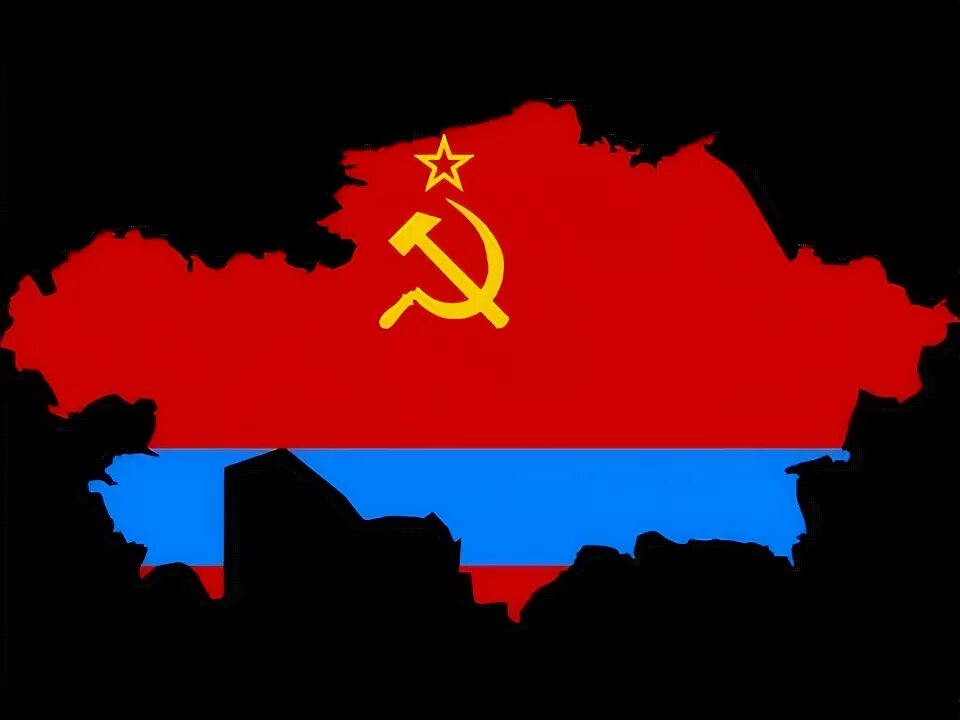
What the Soviet Union Gave to the Kazakhs
Kazakhstan is the largest country in Central Asia, with significant natural resources and a strategically important geographical position. In terms of territory, Kazakhstan ranks ninth in the world (like five Frances). In the north, it borders with the Russian Federation: the Russian-Kazakh border is the longest land border in the world (7.6 thousand kilometers). In the southwest, Kazakhstan borders with Uzbekistan and Turkmenistan, in the south - with Kyrgyzstan, in the east - with China.
The population of Kazakhstan is 20 million people, plus a significant number of illegal labor migrants, mainly from Uzbekistan (according to the survey, ~60 percent), as well as from Russia (~14 percent) and Tajikistan (~10 percent). The situation is similar to ours: according to the same survey, a typical migrant is a married man aged 33-38 with two or three children, working in construction or in housing and communal services.
Kazakhstan has one of the most developed economies in the region, primarily due to the export of energy resources, uranium and metals. The country is among the world's leading producers of uranium (first place in production), chromites, lead, zinc, and also has large reserves of oil and gas. In short, Kazakhstan, unlike many of its neighbors in the former Soviet Union, is a rich country. But the path to its current state was made through the decline of the 1990s.
After the collapse of the USSR, Kazakhstan faced a demographic crisis. There was a steady depopulation due to the outflow of population. By 1995, the population had decreased by almost 400 thousand people (two percent). According to the results of the 1999 census, the population had decreased by almost one and a half million people (about nine percent). The main reasons were poverty and unemployment, which led to a drop in the birth rate with a simultaneous increase in the death rate. The average life expectancy decreased from 68 years in 1991 to 64 years in 2001, which objectively reflected the decline in the quality of life and the effectiveness of the healthcare system. But most importantly, Russians and Germans left the independent and free Kazakhstan en masse, which significantly undermined the managerial, scientific, technical, engineering and, in general, human resources potential of Kazakhstan. In total, about four million people left in the 1990s. Thus, Kazakhs became the national majority in Kazakhstan. Nazarbayev said:
“Many then, if you remember, decided to leave for their historical homeland: Germany, Greece, Israel, Russia, the republics of the former Soviet Union. Over the entire 1990s, 3 million 690 thousand people left Kazakhstan. A little more than 14 million citizens remained in the country. This weakened the labor economic potential of Kazakhstan.”
In 1997, according to the UN Human Development Index, Kazakhstan was in 93rd place out of 174 and seventh in the former USSR. By 1998, more than half of Kazakhstan's population lived below the poverty line. All this was a consequence of not only the collapse of the unified union economy, but also extensive privatization. By the beginning of the 21st century, 90 percent of Kazakhstan's economy had become private. The country fell into deindustrialization.
The government of Kazakhstan decided to overcome the economic crisis of the 1990s by turning the country into a supplier of natural resources and raw materials to the world market, primarily oil. Moreover, immediately after the collapse of the USSR, streams of illegal supplies began to flow abroad. By the way, in the early 1990s, there was an option to keep Kazakhstan in the ruble zone, but negotiations reached a dead end against the backdrop of hyperinflation of three thousand percent.
In 2003, a plan for accelerated innovative industrialization was adopted, according to which the state created favorable conditions for private investment, primarily in industry and infrastructure. The goal was as follows: "Creating an entrepreneurial climate, structure and content of public institutions that will stimulate the private sector and improve competitive advantage, master elements in the chain of added values in specific industries, achieving the greatest added value." There was an influx of foreign investment from the United States, France, England, China, Russia, Italy, and the Netherlands, mainly in the construction of railways (more than half of capital investments) and oil production (more than a quarter). Although the program assumed diversification, in fact the market decided to invest only in the oil industry.
In 2008, in accordance with the spirit of the times and under the influence of the global economic crisis, the liberal approach was revised in favor of industrialization of the state capitalist type. The goal has changed: "The main priority of the policy of forced industrialization will be the implementation of large investment projects in traditional sectors of the economy... The initiators of the promotion of large projects will be state funds, systemically important companies in the fuel and energy and metallurgical sectors of the economy, as well as strategic foreign investors." As a result, the crisis was overcome and a significant share of the economy of modern Kazakhstan was made up of three powerful state holdings: the national welfare fund Samruk-Kazyna, responsible for the oil and gas, transport and logistics sectors, chemical and nuclear industries, mining and metallurgy, energy and mechanical engineering (almost half of the country's GDP), the national management holding KazAgro, responsible for agriculture (about three percent of GDP), and the National Management Holding Baiterek, responsible for the non-resource sector (about six percent of GDP). This scheme of state participation in the economy smacks of something Chinese.
State capitalism has provided industrial and economic growth (not just GDP growth), an increase in living standards and an increase in the birth rate. Modern Kazakhstan has implemented several large infrastructure projects. As of 2022, some indicators have improved compared to 1990, for example, there has been an increase in the population and average life expectancy, and the introduced square meters of living space have increased. However, in other indicators, the Soviet level has not yet been reached, in particular in the number of doctors and teachers per capita.
The military potential of Kazakhstan is quite sufficient for its size and population. The army is equipped with Soviet and Russian equipment, and joint exercises with Russia are held within the framework of the CSTO. Officially, the Kazakh authorities call Kazakhstan a "medium regional state". Foreign policy is officially multi-vector, built in balance between Russia, China, the United States and Europe. But at the same time, Kazakhstan is actively participating in the Chinese version of globalization "One Belt, One Road".
Kazakhstan is a member of the CSTO and the EAEU, and is a member of the SCO, but is in no hurry to join BRICS. China is Kazakhstan’s largest investor and trading partner, including through the Belt and Road Initiative. The US and EU are seeking to draw Kazakhstan into their orbit of influence, primarily to reduce dependence on Russian oil. Thus, Kazakhstan is trying to maintain formal neutrality, but in fact finds itself in a zone of competition between external forces.
The US and Europe exercise their influence through the NPO system, grant programs, and educational exchanges. According to the US State Department, from 1992 to 2006, the cost of official programs alone in Kazakhstan amounted to more than $600 million (for comparison: $11 billion in the Russian Federation and $1.3 billion in Ukraine), including funding for projects in the field of “democracy and human rights,” civil society development, independent media, and judicial reform. The US Agency for International Development (USAID) implements programs aimed at “increasing transparency” and “supporting activists.” In Kazakhstan, there are structures associated with the Soros Foundation that pay lawyers, human rights activists and journalists who criticize the government. As of 2023, 23 thousand NGOs were registered in the country, a significant part of which receive external funding. As the chairperson of the board of the Soros Foundation-Kazakhstan, Aidarkulova, said when reforming her organization:
"Yes, it is difficult to imagine the country without the Soros Foundation, but I can assure you that the foundation will remain - our work will be based on the principles of the foundation... The Open Society Foundations were conceived as a network that, after the fall of the "Eastern Bloc", would build an open society in the countries of Eastern and Central Europe and the former Soviet republics. Unfortunately, these processes turned out to be reversible, even in Europe there were significant rollbacks... Over 28 years of work, the Soros Foundation-Kazakhstan has allocated more than 100 million dollars in grants in Kazakhstan."
The EU also participates in programs aimed at "institutional influence". Officially, the EU alone has financed about 350 projects worth 180 million euros by 2025. At Nazarbayev University, teaching is conducted in English, the curricula were developed with the participation of American and British universities, which strengthens the ideological dependence on Western ideology.
NGOs and other agents of influence conduct propaganda among young people and the intelligentsia in order to form loyal strata of society. The main goal of their activities is to maximally open the Kazakh economy to Western capital and to maximally set Kazakh society against the Russian Federation and China.
Turkey has influence in Kazakhstan through religious, educational and cultural channels. Of particular note is the network of Turkish Gülen lyceums, similar to those in Kyrgyzstan and other neighboring countries. Graduates of these schools were the first in Kazakhstan to wear Islamic religious clothing in a uniform common in Turkey in significant numbers. There has never been a tradition for young Kazakh women to cover their heads.
Due to external influence and the rampant nationalist ideas, anti-Soviet sentiments are widespread in Kazakh society and anti-Russian and even anti-Russian views are allowed as personal opinions.
It is clear that the United States and Europe dream of turning Kazakhstan into another Ukraine, which would be fatal for our peoples. In our literature, the foreign policy of the Russian Federation in the former Soviet republics is often criticized as an absolute failure. However, despite all the influence of the West and Turkey, Kazakhstan is a member of the CSTO, maintains good-neighborly relations with Russia, does not create problems with Baikonur, and does not oppress the Russian language. In 2022, an operation within the CSTO helped stabilize the power of President Tokayev. So practice shows that the Russian Federation's policy is not so much a failure.
It is worth noting that the ban on the export of weapons, introduced in August 2022 amid a scandal related to the alleged supply of weapons to Ukraine, remains in force in Kazakhstan. At the same time, the country's armed forces are based on Soviet and Russian-made equipment and weapons. Despite the risk of falling under secondary sanctions, Kazakhstan continued to purchase from Russia: six Su-30SM fighters, Mi-35 and Mi-171Sh combat and transport helicopters, as well as the Tor-2M anti-aircraft missile system were purchased.
The Kazakhs are a people who had their own state before the region was annexed by the Russian Empire. In the history textbooks of Kazakhstan, the 19th century is considered a colonial period, and the 20th century is considered a period of “Soviet totalitarianism”. The level and degree of anti-Sovietism in science and education roughly corresponds to our 1990s. Here is a brief summary of the assessment of history in Kazakhstan:
“Even before the advent of our era, a rich and unique nomadic civilization existed on the territory of modern Kazakhstan, during which states emerged that played a significant role in world history.
The Kazakh ethnic group, which appeared in the 8th century, inherited from its ancestors - the Usuns, Kangars and Turks - the vast steppe spaces of Eurasia and was known to contemporaries under various names: Polovtsians, Kumans, Kipchaks. The Kipchak states, including Ulugh Ulus, left a great mark on the history of not only Kazakhstan, but also many countries in Europe, Asia and Africa.
The Kazakh Khanate, which emerged as the successor to Ulugh Ulus (the Golden Horde), managed to unite all Kazakh tribes and clans under its rule by the end of the 16th – beginning of the 17th centuries. The Kazakhs created a distinctive culture, an original political system and economy adapted to the natural features of Kazakhstan. The struggle for the independence of the Kazakh people in the 18th–19th centuries ended with the defeat of the Kazakhs and the transformation of the region into a Russian colony in the 1860s. The long-term anti-colonialist struggle led to the emergence of national parties at the beginning of the 20th century and the raising of the question of the autonomy of the Kazakh region.
However, the work on preparing the Kazakh autonomy, the fate of which was to be decided at the Constituent Assembly, was interrupted by the October Revolution and the ensuing civil war.
After the October Revolution, a totalitarian regime was formed on the territory of Kazakhstan, that is, the colonial system of Russia was transformed into the Soviet one.
Despite the harsh ideological pressure and persecution of dissenters, the Kazakh people retained their ethnic identity, unique and rich culture and desire for freedom and independence, which was realized in 1991."
In general, the Russians prevented the great Kazakh people from being free and happy.
If you read the text of school and university history textbooks in one piece, you will find a jumble of old Soviet paragraphs about the real achievements of industrialization, collectivization, cultural development, and new anti-Soviet paragraphs with ideological lamentations about totalitarianism, repression, famine, and the impossibility of the Kazakh SSR determining its internal political course and foreign (!) policy. In short, the life of Kazakh science is hard: they want to prove their involvement in the world-historical achievements of the USSR, and they need to promote national mythology.
One can talk for as long as one wants about the rich and unique nomadic civilization, but before the revolution the entire territory of Central Asia was an agrarian outskirts of the empire, where the most primitive ways of life prevailed, there was no industry, education system or health care.
The largest cities - Verny (Almaty), Uralsk, Akmola (Astana), Aktyubinsk (Aktobe) - were mainly of administrative and military importance, were small, with a population of 20-30 thousand, with a predominance of Russian immigrants. There were no higher educational institutions, there were 157 Russian-Kazakh schools and 267 aul mektebs (Muslim schools for 20-25 children). The mektebs were maintained by families, who themselves found premises and hired teachers. There they mainly memorized the Arabic text of the Koran and corporal punishment was widely used. But the coverage of mektebs remained extremely low: about one fifth of boys aged seven to eleven. Young Kazakh women were educated in rare, exceptional cases.
Medicine was in its infancy. In 1913, there were 244 doctors, 393 paramedics and several hospitals with 1,800 beds on the territory of Kazakhstan (in 1921, there were 150 hospitals with 7,751 beds and 87 medical centers). In 1988, the Kazakh SSR had 221 thousand hospital beds, three thousand clinics, more than one and a half thousand hospitals and 65 thousand doctors (including paramedical personnel).
In general, the territory of Kazakhstan, especially its northern, most developed part, was actively populated by Russians in the second half of the 19th century, which was often accompanied by the confiscation of land from the Kazakhs. In the 1920s, the Soviet government returned the confiscated lands if they were not developed or belonged to nobles, capitalists, monasteries or Cossack atamans. The Kazakhs themselves led a predominantly nomadic lifestyle.
The Soviet government radically changed the appearance of the territory of Kazakhstan. The Kazakh ASSR was created as part of the RSFSR, later the Kazakh SSR (1936). This became the only possible option for the Kazakhs to gain their own statehood, since they were then a minority in this territory. Illiteracy was eliminated: if in 1913 several percent of Kazakhs could read and write, in 1926 literacy among the Kazakh population was about 10 percent (17.8 percent of the entire population of the Kazakh ASSR), by 1939 - more than half (61.5 percent of the entire population of the Kazakh SSR), in 1959 - almost the entire adult population. By the 1970s, the Kazakh SSR had a developed education system.
According to 1988 data, there were 55 universities in the republic (graduating 14 thousand engineers each year), 55 percent of students were girls (today - 53 percent). 247 secondary specialized educational institutions, 233 research institutions (92 research institutes), in which more than four thousand scientists and 124 academicians worked.
An industrial breakthrough occurred during the years of industrialization and after the Great Patriotic War. In 1941–1945, hundreds of large enterprises, including machine-tool, chemical, and metallurgical plants, were evacuated to the territory of Kazakhstan. Such giants as the Ust-Kamenogorsk Plant, the Karaganda Metallurgical Plant, the Balkhash Copper Smelter, and the Chimkent Lead-Zinc Plant (all of which still exist today) were built. By 1988, there were 2,110 enterprises in the Kazakh SSR, including 1,148 in heavy industry, including 61 in the machine-building complex.
Electricity production in the same 1988 was 17.1 MW (in 1970 - 8.7, and today - 24.6), oil - 25 million tons (today - almost 100), gas - 7 billion cubic meters (today - almost 60), coal - 143 million tons (today 113). By the collapse of the USSR, the Kazakh SSR accounted for 70 percent of the union's production of lead, zinc, titanium, magnesium, tin, 90 percent of phosphorus and chromium, more than 60 percent of silver and molybdenum. Soviet geologists discovered those same uranium deposits.
Agriculture in the Kazakh SSR was fully mechanized. More than 25 million hectares of virgin and fallow lands were developed in Kazakhstan - a third of all virgin lands in the USSR. Kazakhstan became one of the main granaries of the Union. In 1987, the gross grain harvest amounted to almost 27 million tons (today - 15), meat production - 1.4 million tons (today - 1.2), milk - 5.3 million tons (today - 6.4).
In general, it was the Soviet government that turned the territory of Kazakhstan into the most developed region in the region. Today's Kazakhstan is building its development and well-being on this Soviet legacy.
The Soviet Union gave the Kazakhs education, health care, industry, agriculture, culture and the Russian language. It freed them from the nomadic way of life and that very unique "nomadic civilization", turning the people into a modern and civilized one. The Kazakh SSR was a republic of Kazakhs, Russians and Germans, it was built with the help of Russia and at the expense of the fraternal assistance of all the peoples of the Union.
(c) Anatoly Shirokoborodov
https://alternatio.org/articles/article ... al-kazaham - zinc
https://colonelcassad.livejournal.com/10061563.html
A monument to Dzerzhinsky has been erected in the center of Omsk
September 9, 23:04

In the very center of Omsk, next to the administration, a three-meter monument to the founder of the All-Russian Extraordinary Commission, Felix Edmundovich Dzerzhinsky, has been erected.
The installation of the monument is timed to coincide with the birthday of Iron Felix, which will be celebrated on September 11.

Dzerzhinsky is no stranger to Omsk, in 1922 he worked in Omsk for some time as part of establishing food supplies to the famine-stricken regions of the Volga region.
P.S. It is worth noting that in 2025 Iron Felix surpassed even Stalin in the number of monuments erected. And he will reach Lubyanka.
P.S.2. The monument itself is excellent. It was created by the most famous Omsk sculptor Mikhail Minin.
https://colonelcassad.livejournal.com/10062241.html
Google Translator
*******
DANCES WITH BEARS OR PODCASTS WITH BEARS – THE LONG READ VERSUS THE LONG TALK

By John Helmer, Moscow @bears_with
When you sit down to read, watch, or listen to website, blog, Twitter, or podcast on the war against Russia, do you combine it with a glass of your favourite alcohol – or is that what you’d like but it’s forbidden on your jogging track, car, bus, or train commute?
The answer for you now is Raymond Chandler’s best line from The Long Goodbye (1953): “Alcohol is like love. The first kiss is magic, the second is intimate, the third is routine. After that you take the girl’s clothes off.”
Chandler’s other best lines for now are: “we make the finest packages in the world, Mr Marlowe. The stuff inside is mostly junk” – this is how to think about President Donald Trump’s MAGA peacemaking. “If you believe in an idea, you don’t own you, it owns you” – that’s the Marxist-Leninist reality that a generation of Russians were educated to forget from 1991 and are having to re-learn today. And “nothing says goodbye like a bullet” – that’s what President Vladimir Putin meant when he told reporters the other day in Beijing: “if common sense ultimately prevails, an acceptable option for ending this conflict can be agreed upon…We will see how it goes from here. If not, we will have to achieve the tasks set before us by military means.”
According to the most recent surveys of the American podcast audience, more than half listen as a combination of entertainment, lesson, and diversion at the same time – to have something to do when they are doing something else. That’s the big podcast difference from long-read media – you can read Dances with Bears and drink beer or wine, but you can’t take off your own or someone else’s clothes at the same time. Only about one in ten US listeners to podcasts do it in the old-fashioned way of desktop or laptop read.
There’s a hitch, though. Packaging information in podcast form may lead to less short-term comprehension and less long-term memory retention than occurs in reading. To date, there is research concluding this is true; and also research that it’s false.
There also appear to be national, ethnic and racial differences between blog readers and podcast listeners. While more and more of the global audience is opting for the podcast to replace the website, blog and tweet stream, and spending increasing amounts of time on podcasts at the expense of time reading print, in the US, the podcast option is preferred by more blacks, Hispanics and Asians than whites.
Wherever you are, whatever you are doing, whichever age, ethnic or gender group you belong to, and however you prefer to think, Dances with Bears has come up with a solution for you: this is to make podcasts with different geographical coordinates, and follow them up with long-read backgrounders on the Dances with Bears website.
There are now four podcasts for you to tune into.
Once a week on Tuesdays – Dialogue Works with Nima Alkhorshid:

Click:
https://www.youtube.com/watch?v=1tCS5i0pNt0
Frequently, depending on the breaking news – Reason2Resist with Dimitri Lascaris (Greece):

Click:
https://www.youtube.com/watch?v=rPJqt8hCHMM
Gunners Shot with Lieutenant-General Ravi Shankar and Brigadier Arun Sakhal (India)

Click:
https://www.youtube.com/watch?v=41RvN-tHE7s
Once a month, Gorilla Radio with Chris Cook (Canada):

Click:
https://gradio.substack.com/p/gorilla-r ... k-john-dd6
Also: The Greater Eurasia Podcast with Glenn Diesen (Norway):

Click:
https://www.youtube.com/watch?v=JHXU_aMRqX4
https://johnhelmer.net/dances-with-bear ... more-92291
